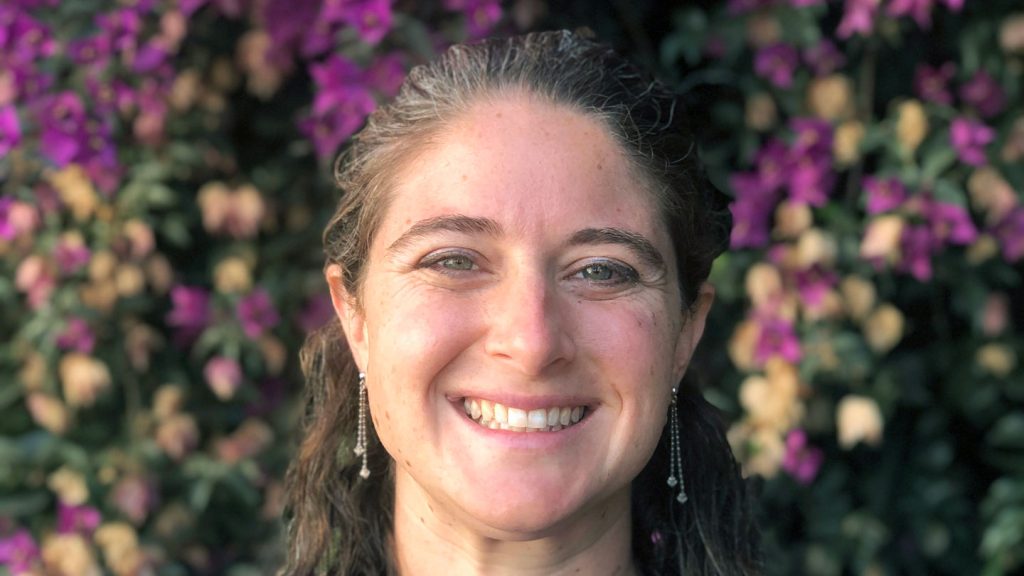In the Amazon region of Madre de Dios, Peru, artisanal and small-scale gold miners wreak havoc on the environment by clearing lush rainforests and introducing toxic mercury into the ecosystem. Jacqueline Gerson, a biogeochemist, studies how contaminants like mercury flow through the environment, ultimately impacting wildlife and human health. Artisanal gold mining is a significant source of global mercury emissions, leading to serious health issues such as seizures, blindness, and memory loss. Gerson’s work focuses on understanding the fate of these contaminants to better manage and reduce the risks they pose to communities.
Globally, over 2,000 metric tons of mercury are released into the atmosphere annually, with artisanal gold mining accounting for a significant portion. Gerson’s research extends beyond mercury to other hazardous contaminants like selenium and sulfur. By identifying the origins and pathways of these substances, she aims to shed light on their environmental impacts. In the Amazon region, Gerson’s investigations revealed high mercury concentrations in pristine forests due to mining activities. Mercury accumulates in throughfall from the forest canopy, affecting wildlife and plants within the ecosystem, ultimately endangering local communities.
Gerson’s interest in mercury contamination started during her time with the Peace Corps in Senegal, where she encountered the harmful effects of mining activities on local populations. Her research, spanning locations from the Adirondack Mountains to Senegal, has contributed significantly to understanding the environmental impacts of mercury contamination. In Senegal, Gerson’s efforts to raise awareness about mercury dangers among miners and distribute protective devices have proven successful in reducing exposure levels.
In addition to her research on contaminants, Gerson is dedicated to promoting diversity and inclusion in STEM fields. As a Ph.D. student, she co-founded a science program for high school students and published articles aimed at demystifying the graduate school application process in ecology. By fostering inclusivity and accessibility in science education, Gerson is working to empower individuals to pursue careers in STEM and contribute to environmental conservation efforts.


